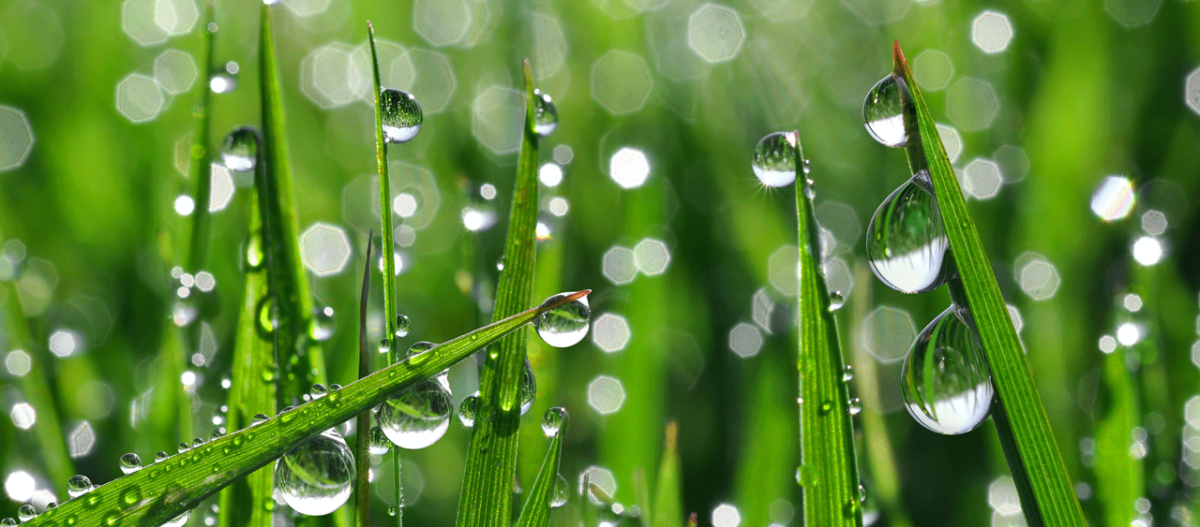A Valentine to Women Who Keep the Water Flowing – by Jim Lauria
As we men scramble to remember our sweethearts on this Valentine’s Day, our thoughts tend to drift toward life’s luxuries — chocolates, roses and wine. But this Valentine’s Day, I’m thinking about something much more fundamental — water. Not just the water to refresh the roses, but the water that sustains us all. Valentine’s Day seems to be a perfect time to thank women, billions of whom are committed to nourishing the world with clean, safe water.
After all, the female connection to water goes far beyond the symbolism found in literature and legend, well past the traditional symbolic links between women and the tides. In the developing countries of the world, right now, there are millions of women hauling water for their families from distant wells, rivers and lakes. According to the United Nations Population Fund, they’re walking an average of 6 km — 3.7 miles — per day to collect water. (Water weighs 8 pounds per gallon. Think about carrying a bucket of it for miles.) In conflict zones around the world, from Darfur to Latin America, they are risking their very lives as they walk those dangerous miles for water — and they’re carrying life itself back to their families.
Here in the U.S., where water is as close as the nearest tap, girls can look up to role models we can all admire — Christine Todd Whitman and Lisa Jackson, past and present administrators of the Environmental Protection Agency (EPA). During her tenure as head of the EPA, Whitman tightened standards for arsenic in drinking water and grappled with the Bush Administration’s efforts to sweep climate change discussions under the rug. Following Whitman’s successor, the feckless Stephen Johnson, current EPA Administrator Lisa Jackson is proving to be another woman of courage and commitment. Coming into the role with a couple of chemical engineering degrees and long experience in environmental protection at the state and federal levels certainly doesn’t hurt. Her big test will be how she handles the chromium-6 issue — wrangling the heated debate between science and hysteria surrounding the contaminant and appropriate limits in drinking water.
Speaking of the EPA, the agency is helping Girl Scouts gain insight into water issues as young women from Brownies to Seniors earn their Water Drop patch, working their way through a beautifully crafted manual on water created in partnership with the Girl Scouts of America.
Boy Scouts can earn a Soil and Water Conservation merit badge, and they tackle water-and-oil questions in merit badges for chemistry and environmental science. But if they want to dive deeper into water, they’re better off taking their swim tests — the most recent entry on BSA’s book list for soil and water conservation is a decade old.
Come on, fellas. Here in the U.S., scientific literacy — and water literacy — are growing more important every day. Perhaps our Girl Scouts (and the leaders many of those young women will become) will help us understand and manage the pressing issues surrounding our water supply by choosing to become the next generation of scientists and engineers.
Back in the developing nations, the need is more basic and more desperate. After hours of bringing water back to their homes, millions of women have to make the decision — a real-life Sophie’s Choice — between supplying their growing children or washing their babies. Slake their thirst or clean their butts? Both are vital. Our mission should be to ease their burden — to make household water more locally available, and safer, so those women can keep their families healthy.
So as we fill up vases today for bouquets of cut flowers, let’s not neglect to think about women and water… and to learn something from them about protecting the resource that sustains us all.
Like this:
Like Loading...
